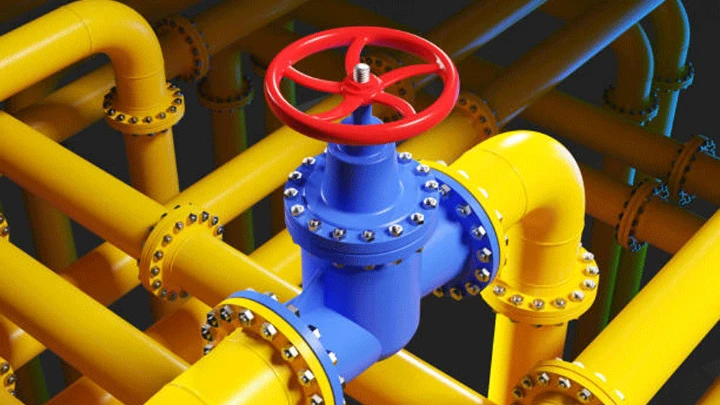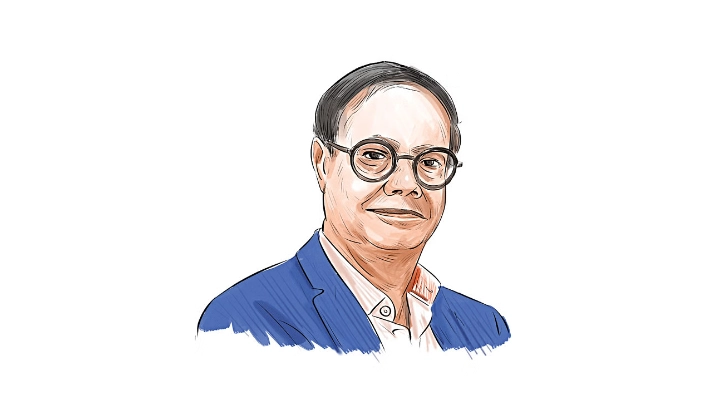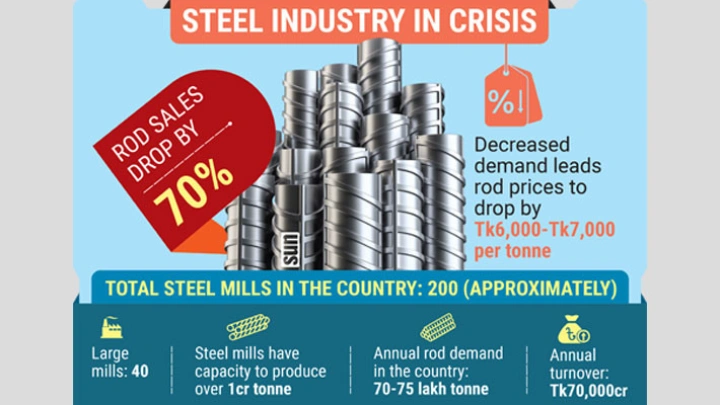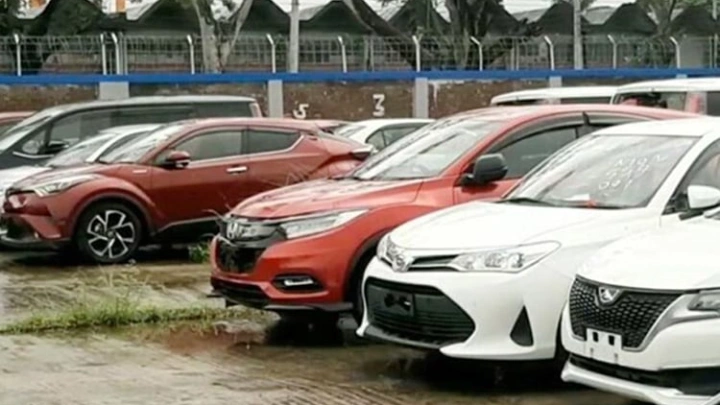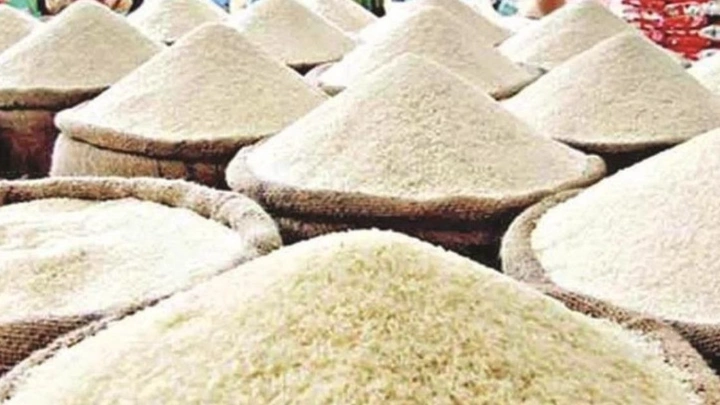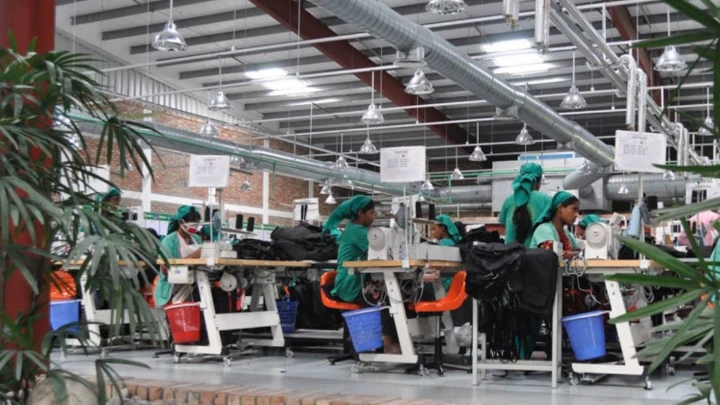Industrial growth at risk amid proposed gas price surge
DailySun || Shining BD
The country’s entrepreneurs and industrialists continue to face mounting challenges, with conditions growing increasingly severe. Already grappling with dollar shortages, import restrictions, soaring interest rates, declining law and order, and unresolved legal disputes, they are now confronted with a shocking new proposal to raise industrial gas prices by up to 152%—nearly 2.5 times the current rate.
Even at current elevated rates, industries are struggling to secure adequate gas supplies. This proposed steep hike has sparked widespread apprehension among entrepreneurs, who fear catastrophic consequences for the country’s industrial sector.
Industrialists warn that implementing such a price hike would halt the establishment of new factories in Bangladesh. A 2.5-fold increase in gas prices could make the sector unsustainable, jeopardizing its future and discouraging both local and foreign investments. This would adversely impact employment opportunities and potentially shrink export-oriented industries, leading to contraction rather than growth in the industrial sector.
Political instability, market fluctuations, rising interest rates, limited raw materials due to LC (Letter of Credit) issues, labor unrest, and insufficient production have already forced numerous factories to close post-July’s mass protests. Those still operating are grappling with existential threats. Industry stakeholders assert that such a drastic increase in gas prices would push the sector further toward collapse.
Currently, industrial consumers pay Tk30 per cubic meter for gas, with captive power users paying Tk30.75 per cubic meter. Petrobangla has proposed increasing these rates to Tk75.72 per cubic meter, with new connections being entirely billed at the new rate, while existing users might receive partial concessions.
Entrepreneurs argue that two years ago, gas prices for industries were raised by 150–178% to ensure uninterrupted supply, yet the sector continues to face chronic shortages. Many factories have already shut down due to the lack of gas. This proposed price hike, they fear, will completely halt industrial investment.
Moinul Islam, Vice Chairman of Monno Ceramics Industries and President of the Bangladesh Ceramic Manufacturers and Exporters Association (BCMEA), stated, “The industrial sector is already paralyzed by the gas shortage. We cannot fathom how anyone could consider increasing gas prices in this situation. Gas is the primary fuel for our ceramic industry, and due to low pressure, we’re producing less than half our capacity. This decision runs counter to the national interest and will destroy this sector's future.”
Anwar-ul-Alam Chowdhury, President of the Bangladesh Chamber of Industries (BCI), remarked, “The government’s decisions suggest a shift in focus from manufacturing to the service sector. Given the country’s large population, excluding the manufacturing sector is a flawed strategy for our economy.”
Mohammad Hatem, President of the Bangladesh Knitwear Manufacturers and Exporters Association (BKMEA), added, “If this proposal is passed, industrialization will grind to a halt. New investments will cease, and even at current rates, it’s challenging to remain competitive in international markets. Our only hope lies in ensuring adequate gas supply, which is currently far below demand, severely disrupting production.”
Petrobangla reported excess gas consumption of 1.478 billion cubic meters in industries and 576 million cubic meters in captive power generation from November 2023 to October 2024. The proposed pricing will charge the additional consumption in existing factories at the new rates.
Experts point out that while prices might increase, gas supplies are unlikely to improve significantly. Domestic gas production is declining, and there’s limited capacity to ramp up LNG imports without new terminals, which are not expected for at least two years. Meanwhile, a prior LNG terminal construction agreement made during the Awami League government was canceled by the interim government.
Dr. Khondaker Golam Moazzem, Research Director at the Centre for Policy Dialogue (CPD), stated, “Even if businesses pay the proposed high rates, the government cannot guarantee fuel security. Entrepreneurs will pay in local currency, but the government needs dollars to import energy, and there is already a severe dollar shortage.”
This gas price hike proposal is poised to become a flashpoint for Bangladesh’s struggling industrial sector, with potential ripple effects across the economy.
Shining BD

